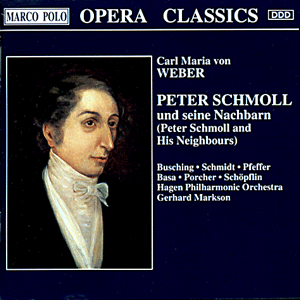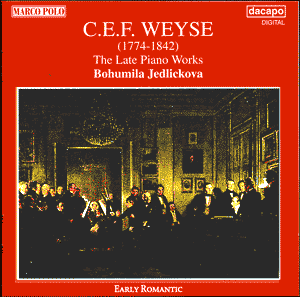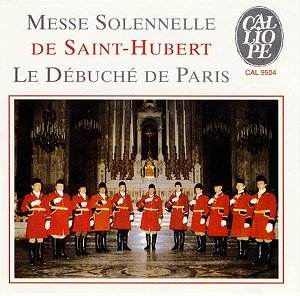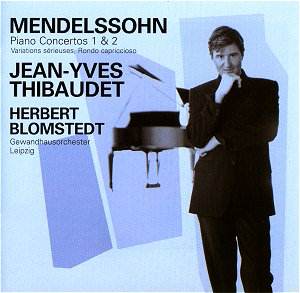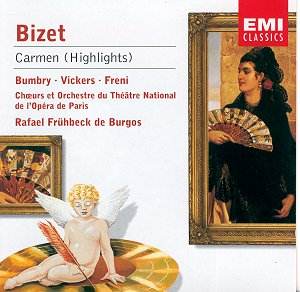 Composer: Georges Bizet
Composer: Georges Bizet
Works: Carmen (highlights)
Performers: Grace Bumbry (mezzo soprano), Jon Vickers (tenor), Mirella Freni (soprano), Kostas Paskalis (baritone), Eliane Lublin (soprano), Viorica Cortez (mezzo soprano), Claude Meloni (baritone), Bernard Gontcharenko (bass), Chorus and Orchestra of the Paris Opera
Recording: Recorded in the Salle Wagram, Paris, July and September 1969, January and February 1970
Label: EMI
Understanding Bizet’s Carmen requires an appreciation of its revolutionary impact on the operatic landscape of the late 19th century. Premiered in 1875, the opera was initially met with mixed reviews, yet its subsequent acclaim has positioned it as a cornerstone of the repertoire. This particular recording, featuring an illustrious cast under the baton of Rafael Frühbeck de Burgos, captures both the fervor and complexity inherent in Bizet’s masterwork, offering a compendium of highlights that resonate with emotional depth and technical prowess.
Grace Bumbry’s portrayal of Carmen is at once magnetic and multifaceted. Her interpretation encapsulates the character’s sensuality and fierce independence, while also navigating the emotional turbulence that defines her fate. Bumbry’s voice is less about the dramatic heft that some might expect from iconic interpretations, such as Callas’s, and more about a beautiful lyricism that enhances Carmen’s humanity. Though her execution of the rapid passages in the Gypsy Song may falter slightly, the overall expressiveness and tonal purity she brings are indeed captivating. Frühbeck de Burgos’s direction allows her to shine, particularly in the prelude where the orchestra’s rich texture supports her seductive allure.
Jon Vickers, often a polarizing figure due to his immense vocal effort, offers a commendable portrayal of Don José, particularly evident in his duet with Mirella Freni’s Michaela. The lushness of Freni’s sound complements Vickers’s dramatic intensity, especially in the exquisite third act aria, where her floated Bb demonstrates an angelic quality that is both tender and haunting. The interpretative choices made here—particularly Vickers’s nuanced dynamics in the Flower Song—highlight a commendable balance between technique and emotional sincerity, diverging from the more bombastic tendencies often associated with his performances.
Kostas Paskalis delivers a robust Escamillo, embodying the virile charm of the Toreador with impressive diction and a commanding stage presence. His entrance is heralded by a thrilling orchestral flourish, and the seamless interplay between his confident singing and Bumbry’s alluring responses creates a compelling dramatic moment during the famous “Toreador Song.” The concluding trio, featuring Eliane Lublin and Viorica Cortez, allows for vibrant characterization, although Bumbry’s commanding presence inevitably overshadows her colleagues.
The recording quality is commendable for its time, capturing the vivid interplay between orchestra and singers. The orchestra of the Paris Opera, under Frühbeck de Burgos, is notably expressive, with particular praise due to the French horns, whose sonorous lines evoke the very essence of Bizet’s melodic language. The engineering, while somewhat dated, preserves the warmth of the ensemble’s sound, allowing the listener to appreciate the orchestral colors and details that enhance the emotional narrative.
This recording stands out not merely for its stellar cast but also for the interpretative richness that Frühbeck de Burgos instills within the score. While some may prefer complete operatic performances, this selection of highlights provides a satisfying encapsulation of Carmen’s emotional and musical breadth. The combination of Bumbry’s and Vickers’s performances, alongside the orchestral vibrancy, positions this recording as a significant document of its era, one that merits attention from both aficionados and newcomers to the opera. The interpretative choices, while occasionally diverging from traditional expectations, ultimately deliver a compelling and insightful experience of one of opera’s most revered masterpieces.
